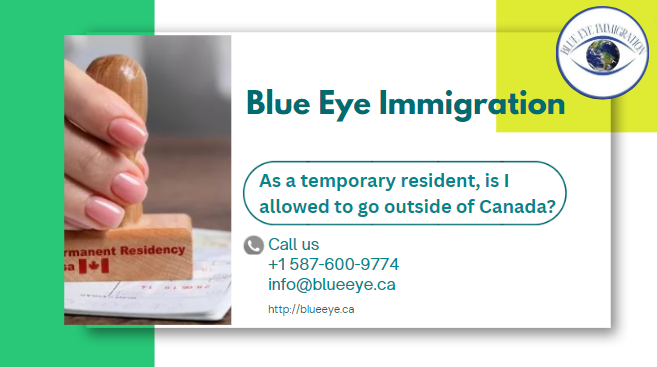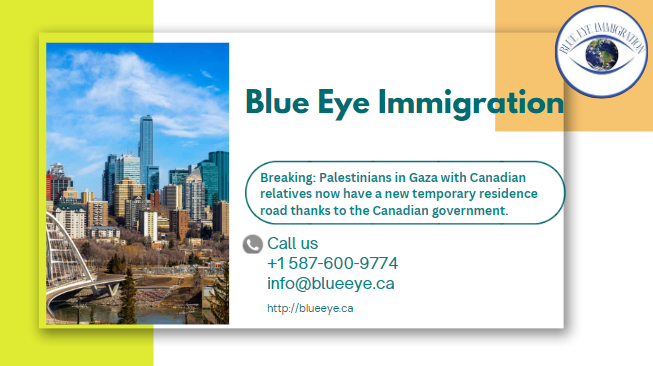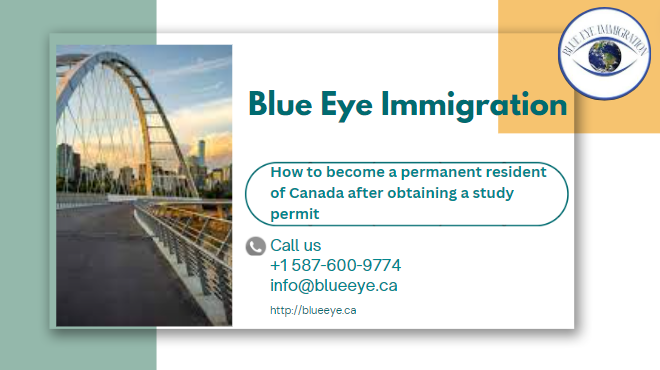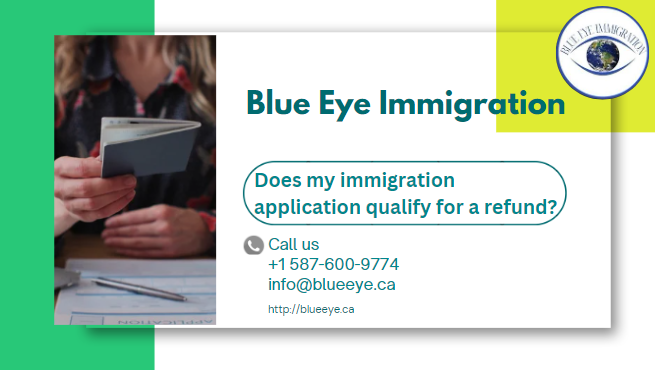Although temporary residents of Canada are allowed to travel abroad, they must fulfill Immigration, Refugees and Citizenship Canada’s (IRCC) re-entry procedures in order to return.
Visitors to Canada, international students, and temporary foreign workers are all considered temporary residents. For travel to Canada, each of these categories of foreign nationals will be granted a visiting visa or temporary residence visa (TRV).
When traveling outside of Canada or the United States (U.S.), visitors to Canada (temporary residents not in possession of a work or study permit) must fulfill specific entrance requirements in order to return. However, these prerequisites change according on the traveler’s status—that is, if they are a citizen of the United States, a person for whom a visa is not necessary, or both.
Travelers needing a visa
A person who is from a nation where a visa is necessary is considered a visa-required traveller. Unless they are returning straight from a trip to St. Pierre and Miquelon or the United States, these travelers need a valid visiting visa each time they wish to enter Canada.
Travelers without a visa
Travelers from nations that demand an electronic travel authorization (eTA) are excluded from needing a visa. If these tourists are arriving in Canada by air, they require an eTA; however, if they are arriving by land or sea (bus, train, boat, etc.), they do not. All visitors entering Canada by land or sea must do is make sure their passport or other valid travel document is in effect.
Please take note that eTAs are only good for five years from the date of issuance or until the passport associated with the eTA expires. Travelers without a visa need to make sure they enter Canada with the passport associated with their eTA.
Americans
Typically, all U.S. citizens need to enter Canada is a valid passport or other travel authorization.
Notwithstanding, the IRCC points out that NEXUS participants can enter Canada with their membership card whether they travel by land, sea, or air. In the interim, FAST members who are entering Canada by land or sea alone may utilize their membership card.
More: Traveling as a temporary foreign worker or international student
Holders of a work permit or study permit are allowed to travel outside of Canada. It is crucial to remember that the work or study permit by itself does not function as a travel document.
Stated differently, neither permit grants you permission to enter or leave Canada. This implies that, depending on where you are from, you could also need an eTA or a guest visa in addition to your permit* in order to enter and exit Canada.
*IRCC points out that certain foreign students could be able to reenter Canada with just a valid passport. Depending on their origins, yes.
Note: IRCC makes it clear that having a study/work permit and an eTA or visa does not ensure re-entry into Canada. Before being permitted to return to the nation, the permit holder must still demonstrate that they fulfill all relevant re-entry requirements.
What distinguishes a visiting visa from a visitor record?
Foreign nationals can enter Canada briefly for job, study, or visitation with a visitor visa. It’s crucial, therefore, that foreign nationals distinguish this document from a tourist record.
Citizens of nations where a visa is required can enter Canada as visitors for a maximum of six months with a visitor visa. The recipient’s passport is used to hold this visa, which serves as proof that they are eligible to enter Canada. The date of arrival for visitor visas is specified; however, it should be understood that this is not the date by which the visa holder must depart Canada.
Visitor records are separate documents that are not included in the recipient’s passport, in contrast to visitor visas. Interestingly, these certificates have an expiration date on them, indicating when the receiver must depart Canada in order to extend their stay.
When the IRCC grants an application for a foreign person to remain longer in Canada or to have their status restored, they may also receive visitor records. A visiting record must be requested by foreign nationals when:
- If they intend to stay longer than six months, they first arrive at the port of entry.
- They have chosen to extend their stay in Canada now that they are there.
Remark: Foreign nationals who are already in Canada must apply for a visitor record no less than 30 days prior to the conclusion of their visa-approved stay.



